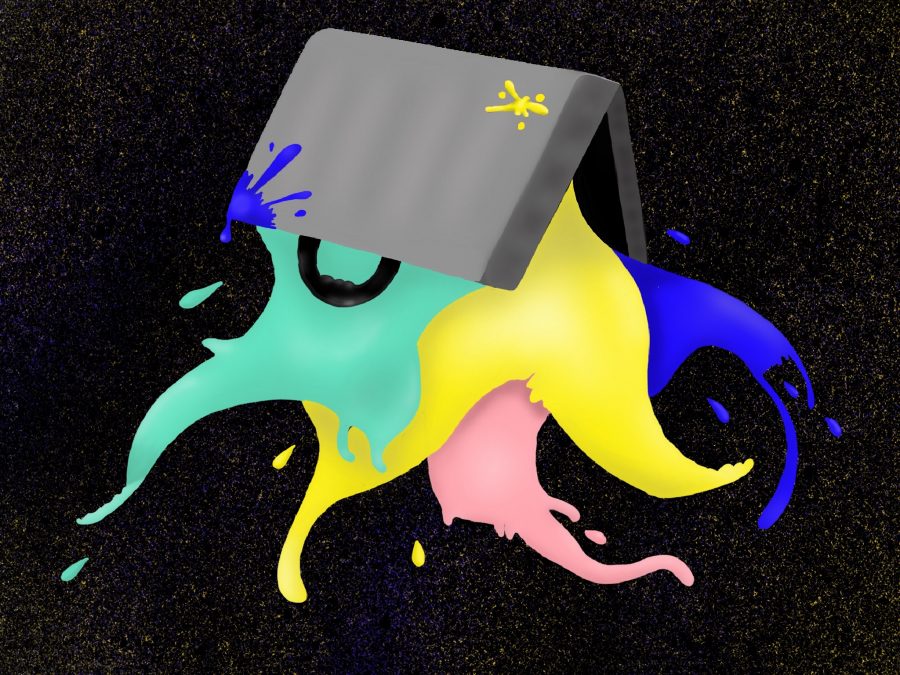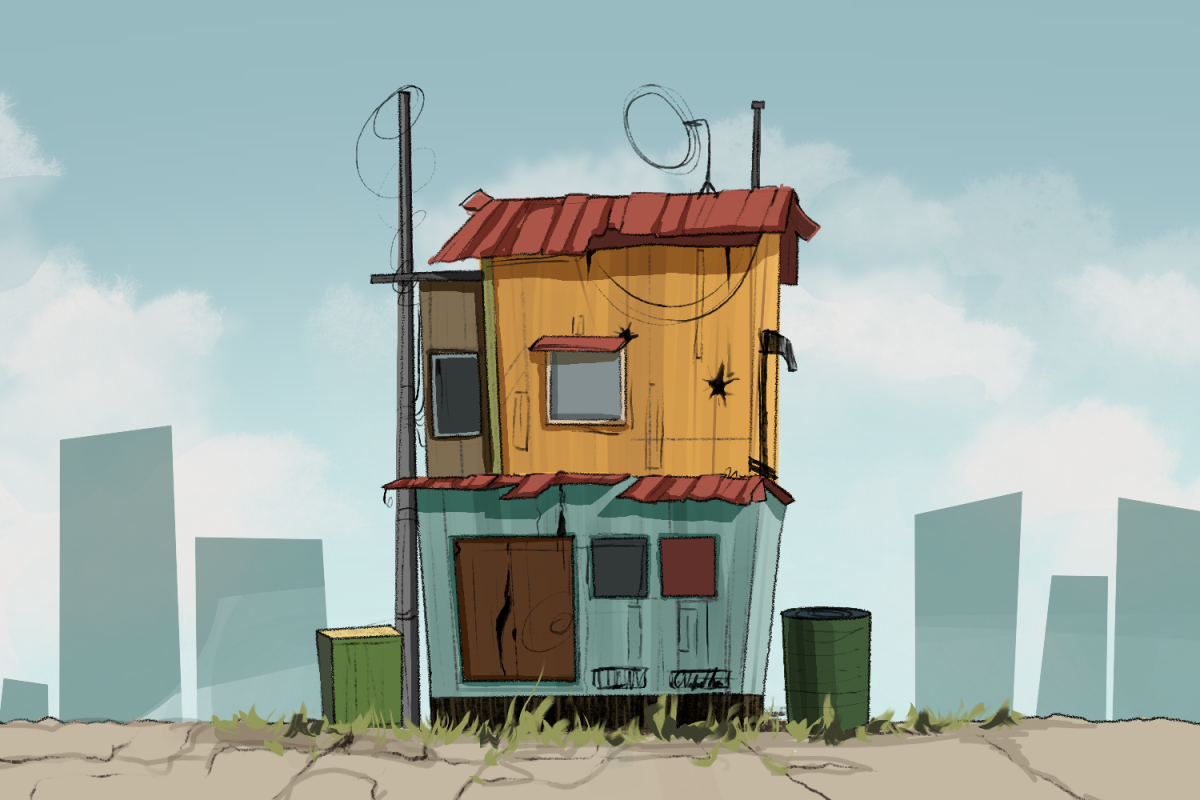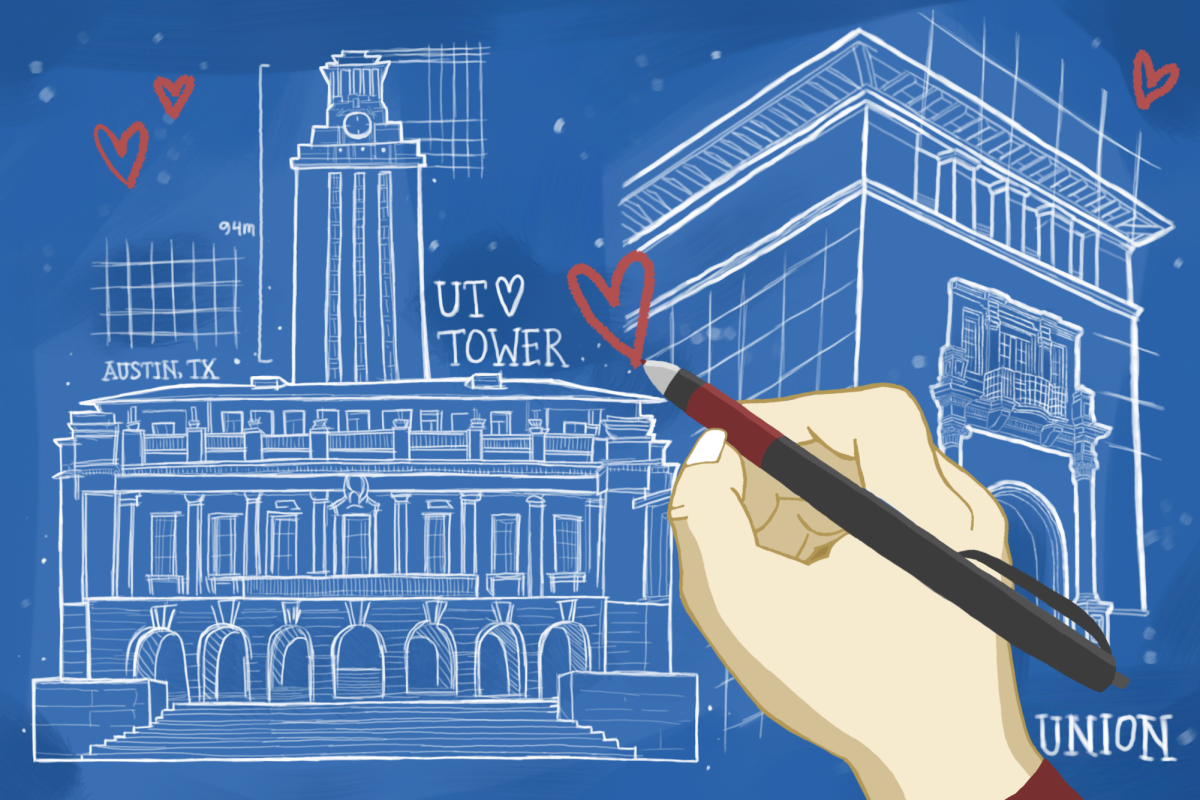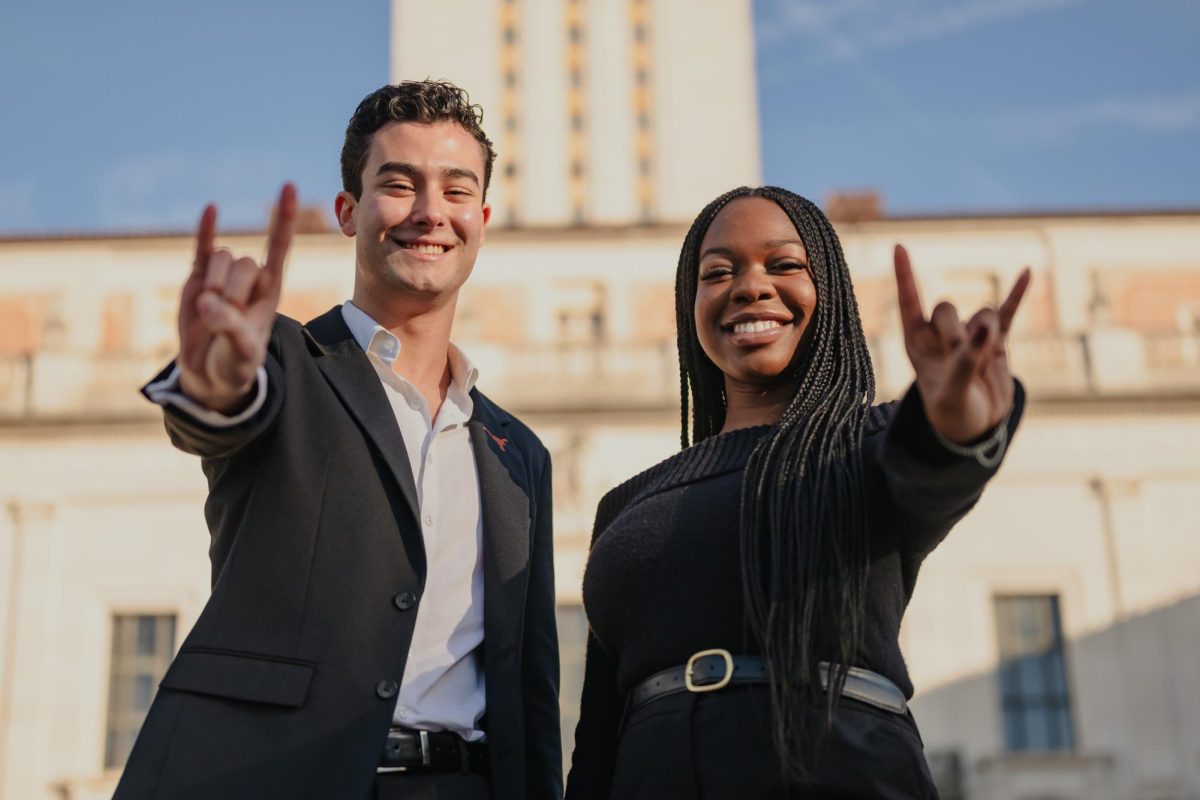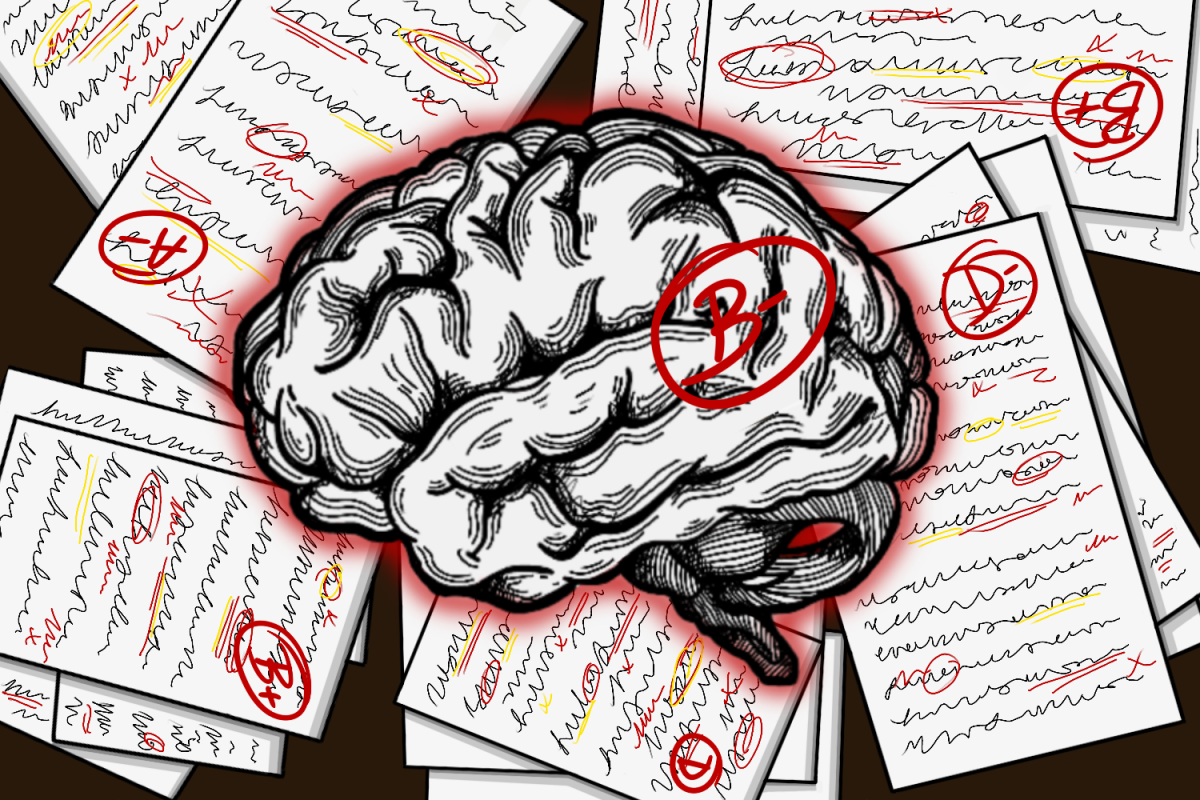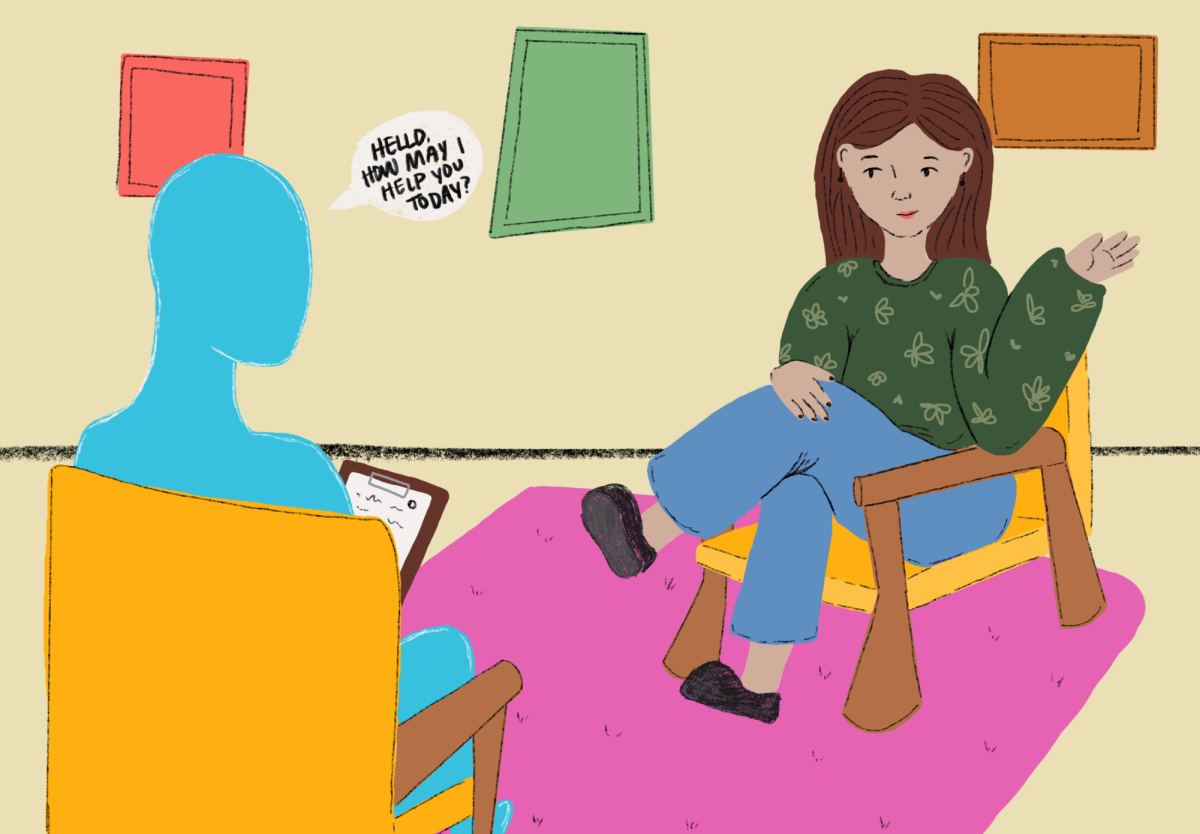When I decided to study film in college, I wasn’t thinking about how desirable my degree would be to employers. As a 17-year-old, I felt blissfully detached enough from my future career to blindly pursue something I was passionate about. Though I’ve received a fair share of critical remarks and odd looks when I talk about my major, I’ve never questioned the value of my degree.
We often talk about studying the arts as though it won’t ever result in well-paying jobs. In fact, according to a study by the American Academy of Arts and Sciences, fewer students are studying humanities than they did a few decades ago. At the same time, Texas produced nearly 12,000 more STEM than humanities graduates in 2016.
Because STEM majors typically end up in higher-paying jobs after graduation, they enjoy a certain degree of stability that students studying the arts and humanities may not immediately find.
But this doesn’t mean the skills associated with a degree in the arts aren’t valuable — especially considering arts students at UT have to take core classes that give them a diverse set of marketable skills.
UT students are in a particularly strong position to pursue the arts because of its well-rounded core curriculum. Students of all majors are required to take courses in subjects such as mathematics and natural sciences, allowing them to gain valuable knowledge and develop new ways of thinking.
“A well-rounded student knows how to attack any facet of academic work,” said Reinold Cornelius, assistant director of undergraduate studies for the Texas Higher Education Coordinating Board. “You may be a creative arts student, and you learn empirical skills to do your own spreadsheets and balance books. This (curriculum) lays the foundation for that.”
At UT, the College of Liberal Arts puts a particular emphasis on critical thinking, empathy, ethics and cross-cultural competence. All of these skills play pivotal roles in navigating our increasingly polarized and, at times, politically and socially hostile world.
While science, technology, engineering and math are crucial to solving global issues, the humanities cultivate different perspectives that can lead to innovative solutions. By shifting discourse to reflect the arts in a more positive light, these two fields hold the potential to become stronger, more effective collaborators.
“There’s just so much of our lives that has to do with art,” said Jaelynn Walls, an art history and Plan II sophomore. “There are so many ways to make money from creating and studying art that exist outside of putting art up in a gallery.”
Although pursuing the arts and humanities may not promise immediate career stability, all UT students graduate with highly marketable skills that prepare them for their futures. Knowing this, incoming students shouldn’t shy away from pursuing a major they feel passionate about.
We need to change the way we talk about the arts to emphasize its value rather than perpetuate false narratives of unemployment. In doing so, we can encourage future students to develop a more creative, emotionally intelligent society.
Waltz is a radio-television-film senior from Dripping Springs.

